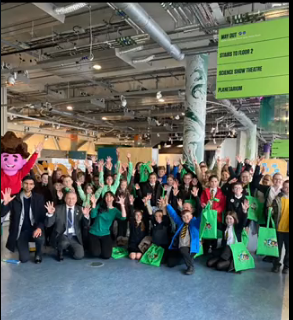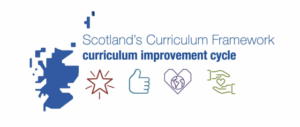
This blog post offers a summary of national and local LfS news plus upcoming professional learning and partner offers which might be of interest to you.
Education Scotland and the national Curriculum Improvement Cycle:
- We are 1.5 year into the Curriculum Improvement Cycle: Curriculum Improvement Cycle – Education Scotland
- Maths – the first curriculum area in the CIC, published their big ideas and concepts this week: CIC Maths Webinar 25 November 2025 – Curriculum Improvement Cycle
- All other curriculum areas due to publish big ideas and concepts in January 2026
- LfS is featuring strongly in sciences and technologies, H&W etc. Conversations underway with other workstream leads too, e.g. Ethos and Life of the School. See developments in sciences CIC here: Sciences Curriculum Improvement Journey |
- The draft technical frameworks for all curriculum areas are due to be published in June 2026.
- New qualifications are due to be introduced from 2031 onwards. See timeline here: Curriculum, Qualifications and Assessment Reform – Timeline – Curriculum, Qualifications and Assessment Reform: progress to date and next steps – gov.scot
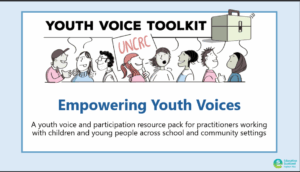
Education Scotland’s Youth Voice Toolkit is located here: Youth Voice Toolkit | Resources | Education Scotland
Local News
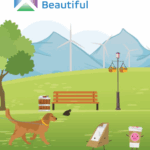
Keep Scotland Beautiful are funded by the Scottish Government to provide support via the Eco Schools accreditation programme, Climate Ready Classroom and resources and professional learning for educators. They provide a quarterly report outlining Falkirk establishment engagement with all of these – here are the headlines:
- 12 Falkirk establishments are actively engaged in the Eco-schools programme – that = 19% as compared to the national authority average of 29%
- 78 pupils from 4 classes attended Climate Ready Classrooms training (involving 6 teachers) at the start of this school year.
- One or more classes from 7 schools attended live KSB lessons.
- The most popular eco-schools topic choices are Climate action and Biodiversity then Health and Wellbeing.
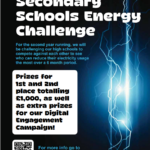 Our second Falkirk Energy Competition for secondary schools is underway. Between October 2025 and March 2026, young people and staff in 6 of our 10 secondary establishments are aiming to reduce the amount of electricity used in their buildings. This will reduce carbon emissions AND running costs for their schools.
Our second Falkirk Energy Competition for secondary schools is underway. Between October 2025 and March 2026, young people and staff in 6 of our 10 secondary establishments are aiming to reduce the amount of electricity used in their buildings. This will reduce carbon emissions AND running costs for their schools.
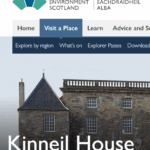
Bo’ness Public and Deanburn Primary Schools are in their third year of a heritage-based collaboration project with Historic Environment Scotland and Illuminate UK. Click here to view a video which captures the impact of this project during year 1.
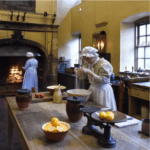 In the new year, Bowhouse and Slamannan Primary Schools will take part in a Callendar House focused performance project with Falkirk Council Heritage Team colleagues and Illuminate UK. Both of these projects represent learning within our Learning for Sustainability Framework bundle plan 3 – connecting with culture and heritage.
In the new year, Bowhouse and Slamannan Primary Schools will take part in a Callendar House focused performance project with Falkirk Council Heritage Team colleagues and Illuminate UK. Both of these projects represent learning within our Learning for Sustainability Framework bundle plan 3 – connecting with culture and heritage.
Young people and staff at Falkirk High School have calculated and balanced their 2024-25 school carbon footprint with the help of the One Carbon World Grant Fund. Here is a little more information from Liam Mason from Falkirk HS: 
We are proud to share that Falkirk High School has achieved the One Carbon World Carbon Neutral International Standard for 2024/2025, alongside the successful retirement of our verified carbon credits through the United Nations Clean Development Mechanism. These milestones reflect our strong commitment to Learning for Sustainability, reducing and balancing our carbon footprint, and supporting high-quality global projects that contribute to a net zero society and sustainable development worldwide. Thank you to everyone involved in making this achievement possible.
Resources – primary and secondary sectors unless otherwise noted:
Keep Scotland Beautiful has a range of offers and opportunities for the new year:
- The launch of 2026’s Pocket Garden Design Competition, which celebrates a decade of this programme.
- A live lesson on Robert Burns and the Environment on January 19.
- The ‘Exploring a local authority approach to Target 2030’ event on January 20 (9.30am – 3pm) at the Barracks Conference Centre in Stirling.
- Live lessons for GME and non GME schools and classes during World Gaelic Week as part of our Gaelic delivery on LfS.
- The ‘Local Authority Youth Forums and Groups Get Together Event’ on March 5 at Strathclyde University.
- Register your p4 – S2 class or group of pupils for live lessons during 16-23 March Spring Clean week here
- and registration for the 11-19 May Natural Scotland week live lessons is here
Scotland’s Development in Education Centres (Scotdec): 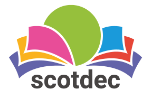
- Art for Action Resource to support practitioners leading on activism projects: https://highlandoneworld.org.uk/for-teachers/resources/art-for-action/
- Highland One World: Global Learning Centre Secondary Subject specific resources: https://highlandoneworld.org.uk/for-teachers/resources/secondary-subject-specific-resources/
- Rebranded Stride Magazine: https://stridemagazine.org.uk/
- Anti-Racist toolbox has been recently updated: https://www.antiracisted.scot/literacy
Other offers and resources:
- Staff in some local authorities include a mock-COP (Conference of the Parties) event for their young people. These involve young people in taking on the roles and perspectives of countries worldwide and can be profoundly meaningful as a result. More information here
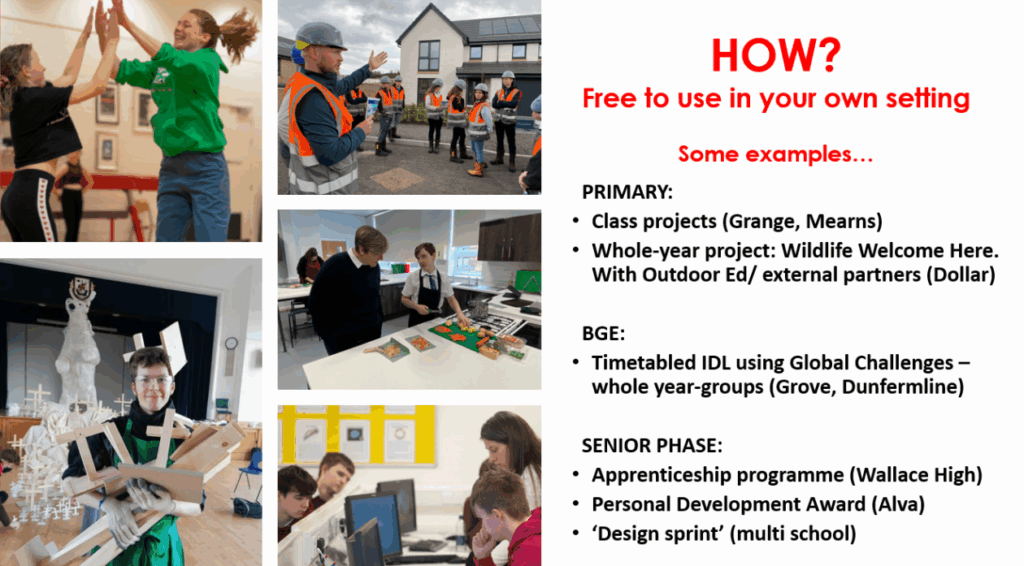
- Futures Institute at Dollar Academy have an excellent collection of teaching materials linked to LfS (see info slide above). Their units begin from primary 5 upwards and include the SCQF level 6 diploma course which Samantha Wilson-McCaw piloted at Braes HS. These are built around a series of real-life based challenges but can be used in various ways to make them adaptable to timetabling, staffing, student numbers and degree of independence in learning. Email Smith-JA@dollaracademy.org.uk if your school is interested.
- Nature Scot’s Nature Discovery Map – good entry point for getting schools to think about their environment – schools looking at all sorts of things from safe active travel routes to schools to nature assets and potential on school grounds. Nature Discovery Map Scotland | NatureScot
- Facing History & Ourselves – Resource collection – Wide range of social justice-related lessons Teaching Resources | Facing History & Ourselves
- Development in Education Centre collection – resources relating to eco-anxiety – useful during Children’s Mental Health Week Climate Signposts Guide, Tackling Climate Anxiety, Exploring Climate Justice (secondary)
- Respect for Diversity: antiracisted.scot, Empowering Young People as Active Citizens for primary and secondary , Equality and Human Rights from Amnesty
- International Mother Language Day celebrates linguistic and cultural diversity, These Clothing and Sustainable Food planners explore the intersection of language, culture, and global justice, helping students understand the importance of cultural respect. (scroll towards the bottom of the page to access the planners)
- The Sustainables Academy: Free Sustainability and Circular Economy Curriculum
- RHET (Royal Highland Education Society) range of professional learning here
- Outdoor Learning Directory here
Professional Learning –
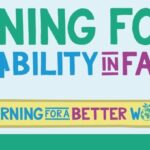 Falkirk CPD Manager Courses:
Falkirk CPD Manager Courses:
- Growing Food in schools and ELCCs part 1 20.1.26 4 – 5.30 pm
- Growing Food in schools and ELCCs part 2 3.2.26 4 – 5.30 pm
- Climate Emergency Training LfS 25-05r 10.2.26 4 – 6 pm
Keep Scotland Beautiful – Register for all of the below here
- Learning for Sustainability & Nature Connection in winter 15.1.26
- Becoming a sustainable setting 10.3.26
- Becoming an Eco-school 23.4.26

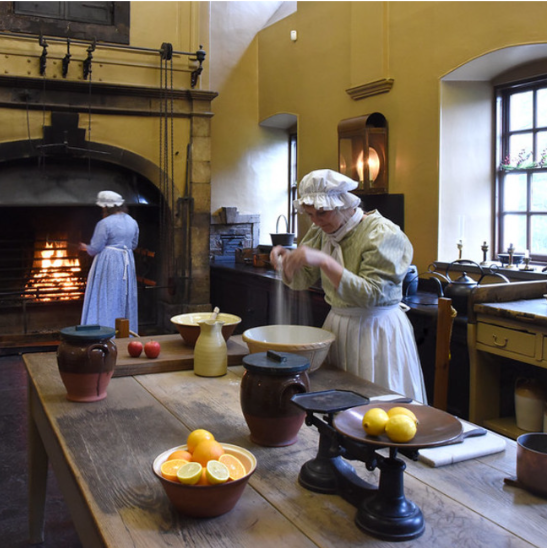
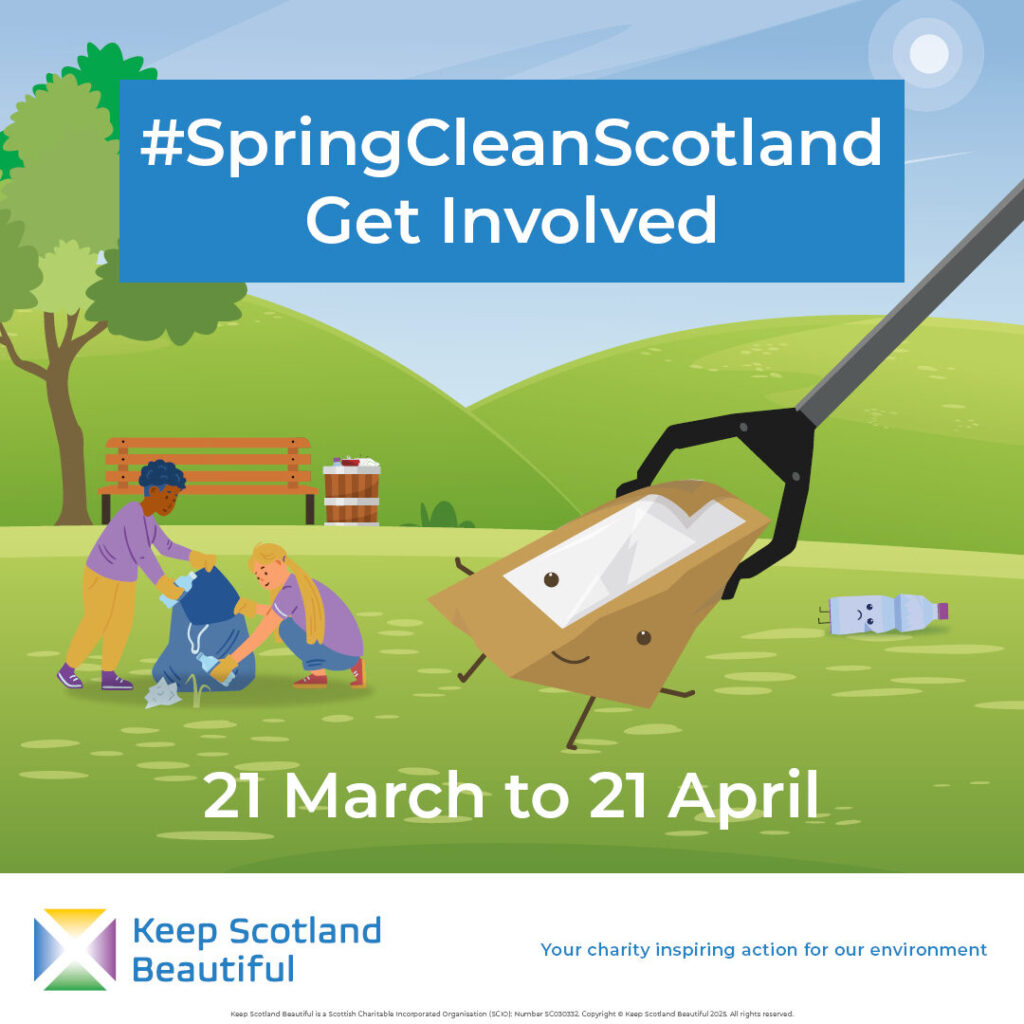
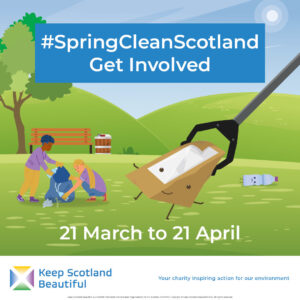
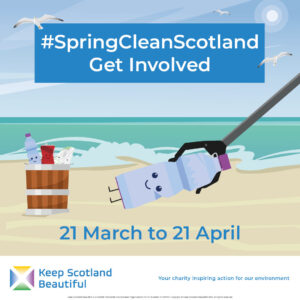
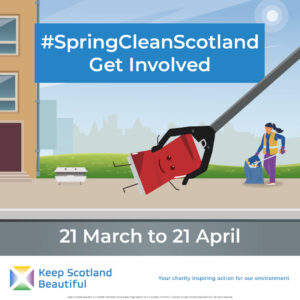
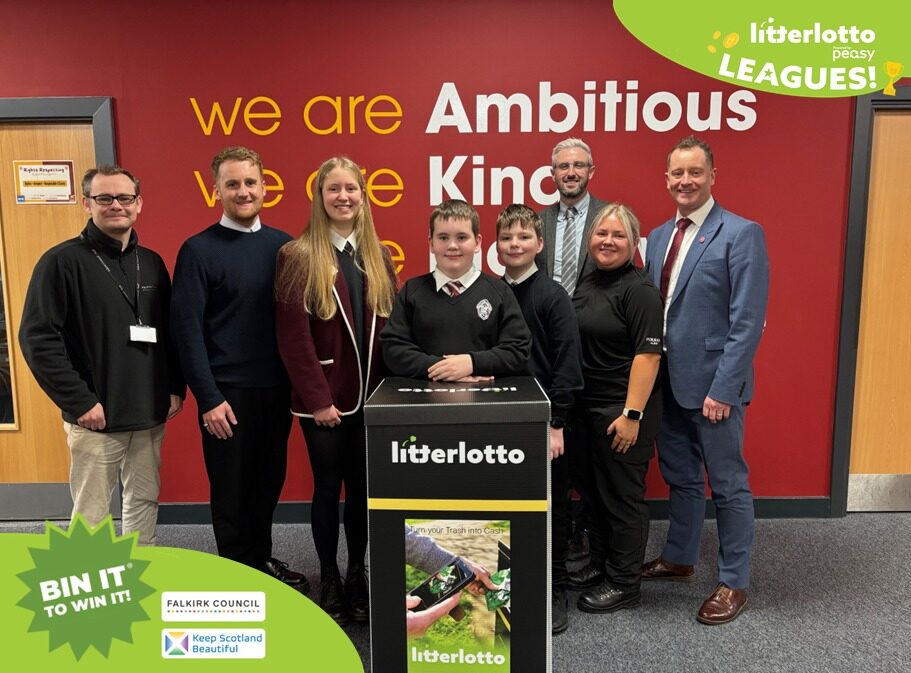
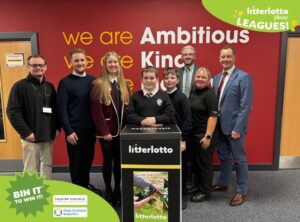
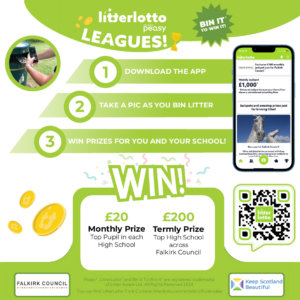
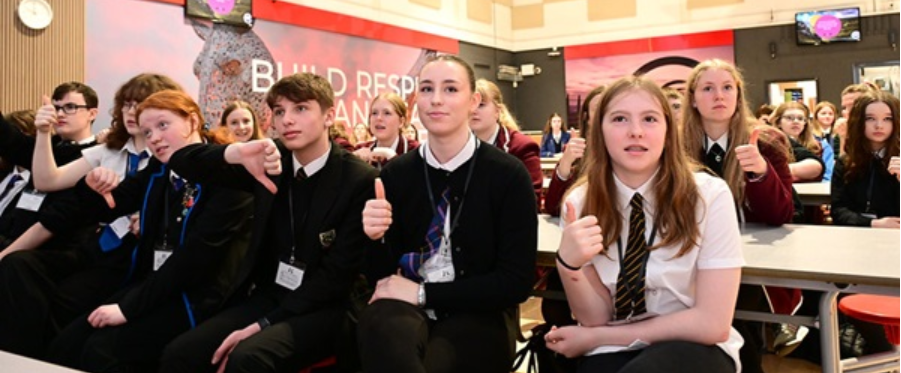
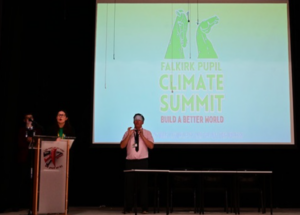
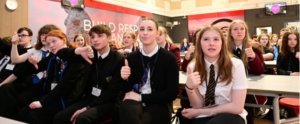 This year’s Falkirk Pupil Climate Summit will be held in early June at Falkirk High School. Each secondary school is asked to send up to ten delegates to represent their school at the summit. Further information about the event should reach you in the upcoming weeks. Read all about the 2024 Falkirk Climate Summit
This year’s Falkirk Pupil Climate Summit will be held in early June at Falkirk High School. Each secondary school is asked to send up to ten delegates to represent their school at the summit. Further information about the event should reach you in the upcoming weeks. Read all about the 2024 Falkirk Climate Summit 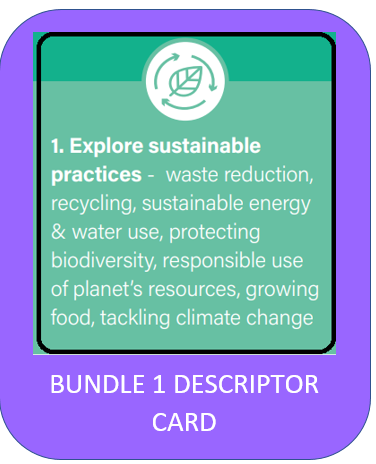
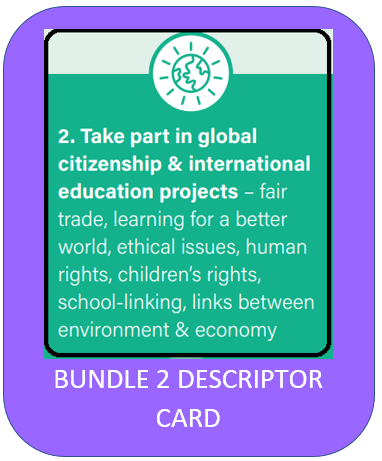
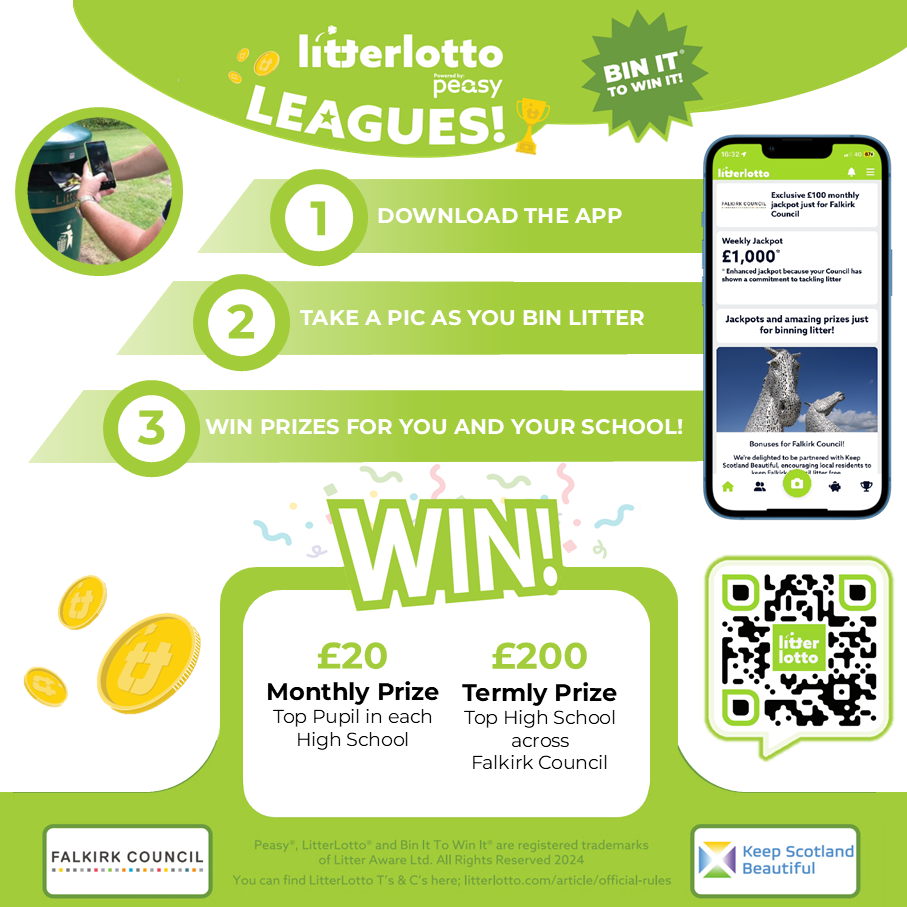


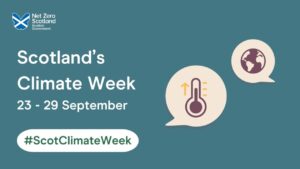



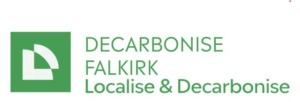

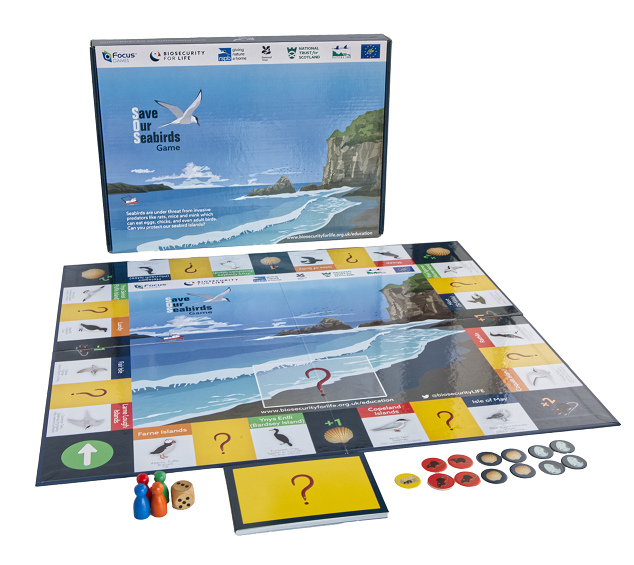

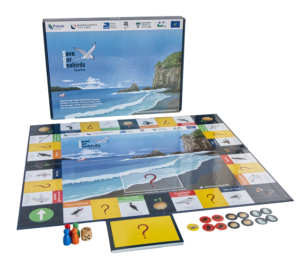
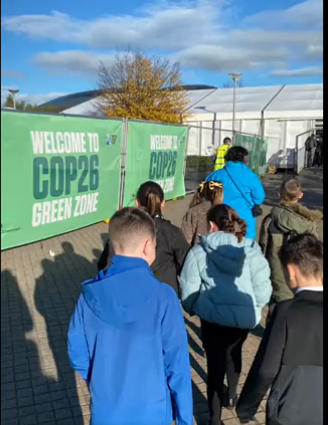
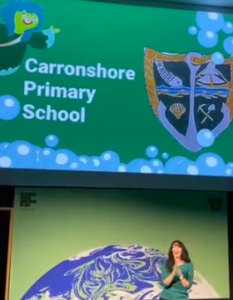 Staff and pupils at Carronshore PS have been learning about climate change recently. A group of pupils were lucky enough to go to Glasgow and attend a session at the Science Centre during Cop 26. They shared their experience with their whole school at assembly, and this blog post is written using their words. Click
Staff and pupils at Carronshore PS have been learning about climate change recently. A group of pupils were lucky enough to go to Glasgow and attend a session at the Science Centre during Cop 26. They shared their experience with their whole school at assembly, and this blog post is written using their words. Click 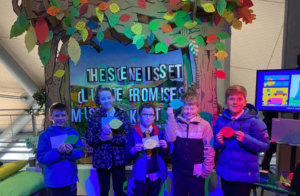 Liam told everyone about the tree of promises.
Liam told everyone about the tree of promises.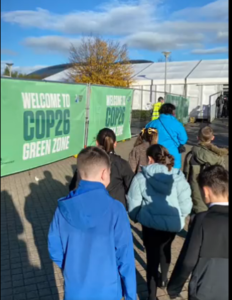 Corey shared that
Corey shared that